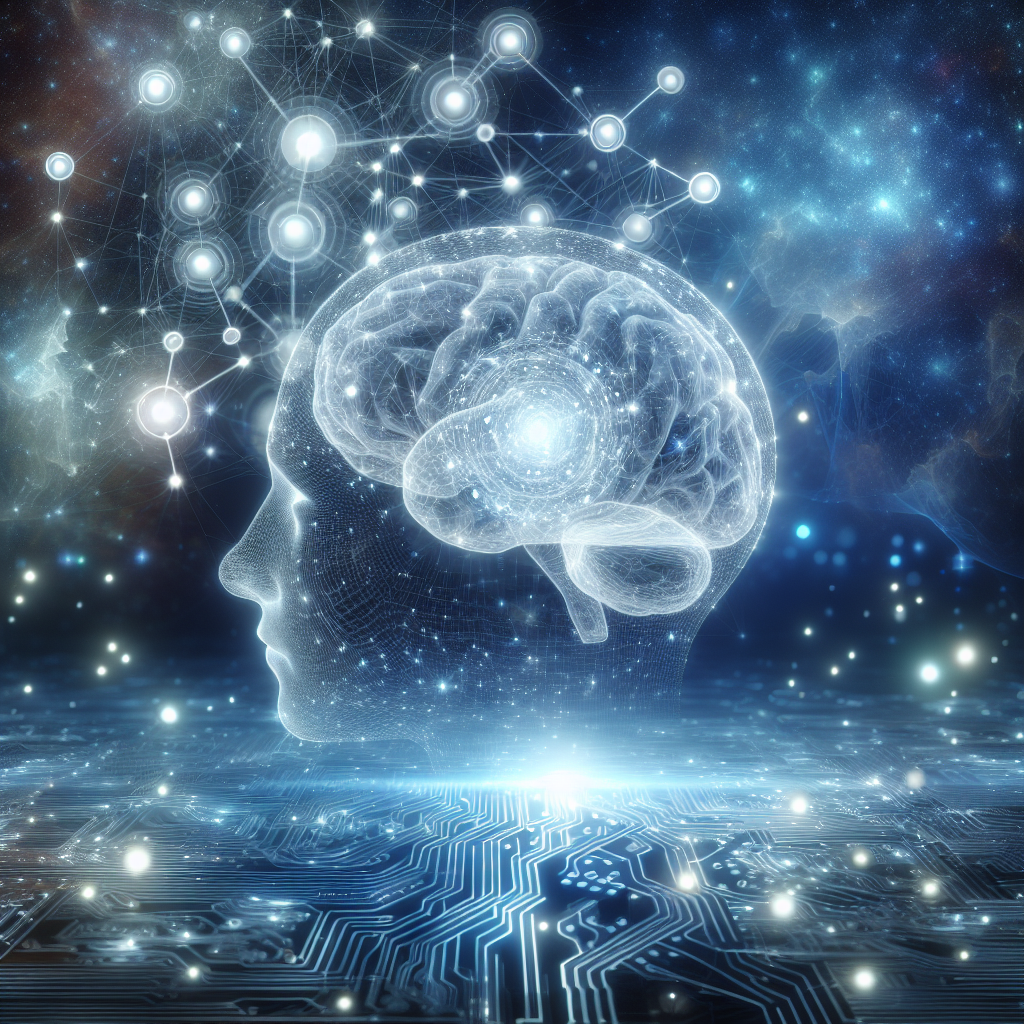Artificial Intelligence (AI) has become a powerful tool in various industries, revolutionizing the way we work, communicate, and create. The impact of AI on the creative mindset is profound, as it has the potential to enhance creativity, streamline processes, and push boundaries in ways previously unimaginable. In this article, we will explore the ways in which AI is shaping the creative landscape and the implications it has on the future of creativity.
AI and Creativity
AI has the ability to analyze vast amounts of data and generate insights that can inspire creative thinking. By using algorithms and machine learning, AI can identify patterns, trends, and correlations in data that humans may not be able to detect. This can provide valuable insights for artists, designers, writers, and other creatives looking to push the boundaries of their work.
For example, AI can analyze consumer behavior and preferences to help marketers create more targeted and personalized campaigns. It can also assist designers in creating more innovative and efficient products by generating new ideas based on user feedback and market trends. In the film industry, AI can help filmmakers analyze scripts, predict box office success, and even generate realistic visual effects.
AI can also assist in the creation process itself. For example, AI-powered tools like Adobe’s Sensei can help artists and designers automate repetitive tasks, such as image editing or color correction, allowing them to focus on more creative aspects of their work. AI can also generate music, write stories, and even create visual art based on predefined parameters set by the user.
The Impact of AI on the Creative Mindset
The impact of AI on the creative mindset is multi-faceted. On one hand, AI can inspire creatives to think outside the box, experiment with new ideas, and push boundaries by providing them with valuable insights and tools. On the other hand, there is a fear that AI may replace human creativity altogether, leading to a homogenization of ideas and a loss of individuality.
However, many experts believe that AI will not replace human creativity, but rather enhance it. By automating repetitive tasks and providing insights that humans may not be able to generate on their own, AI can free up creatives to focus on more innovative and imaginative aspects of their work. This can lead to a more efficient and productive creative process, allowing creatives to explore new ideas and experiment with different approaches without being bogged down by mundane tasks.
AI can also help creatives overcome creative blocks and find inspiration in unexpected places. By analyzing vast amounts of data, AI can identify patterns and trends that can spark new ideas and help creatives think outside the box. This can lead to more innovative and groundbreaking work that pushes the boundaries of creativity.
FAQs
Q: Will AI replace human creativity?
A: While AI has the potential to enhance creativity and streamline processes, many experts believe that AI will not replace human creativity. Instead, AI can help creatives generate new ideas, overcome creative blocks, and push boundaries in ways previously unimaginable.
Q: How can AI help creatives in their work?
A: AI can help creatives in a variety of ways, including automating repetitive tasks, providing valuable insights, generating new ideas, and helping to overcome creative blocks. AI-powered tools can streamline processes, increase efficiency, and inspire creatives to think outside the box.
Q: What are some examples of AI in the creative industry?
A: AI is being used in various creative industries, including marketing, design, film, music, and writing. For example, AI can help marketers create more targeted campaigns, assist designers in creating innovative products, help filmmakers analyze scripts, and even generate music and visual art.
Q: How can creatives adapt to the rise of AI?
A: Creatives can adapt to the rise of AI by embracing new technologies, experimenting with AI-powered tools, and integrating AI into their creative process. By staying open-minded and willing to explore new ideas, creatives can harness the power of AI to enhance their work and push the boundaries of creativity.
In conclusion, the impact of AI on the creative mindset is profound. AI has the potential to enhance creativity, streamline processes, and push boundaries in ways previously unimaginable. By embracing new technologies and integrating AI into their creative process, creatives can harness the power of AI to generate new ideas, overcome creative blocks, and push the boundaries of creativity. While there are concerns about AI replacing human creativity, many experts believe that AI will not replace human creativity, but rather enhance it. By working alongside AI, creatives can explore new ideas, experiment with different approaches, and create groundbreaking work that pushes the boundaries of creativity.

